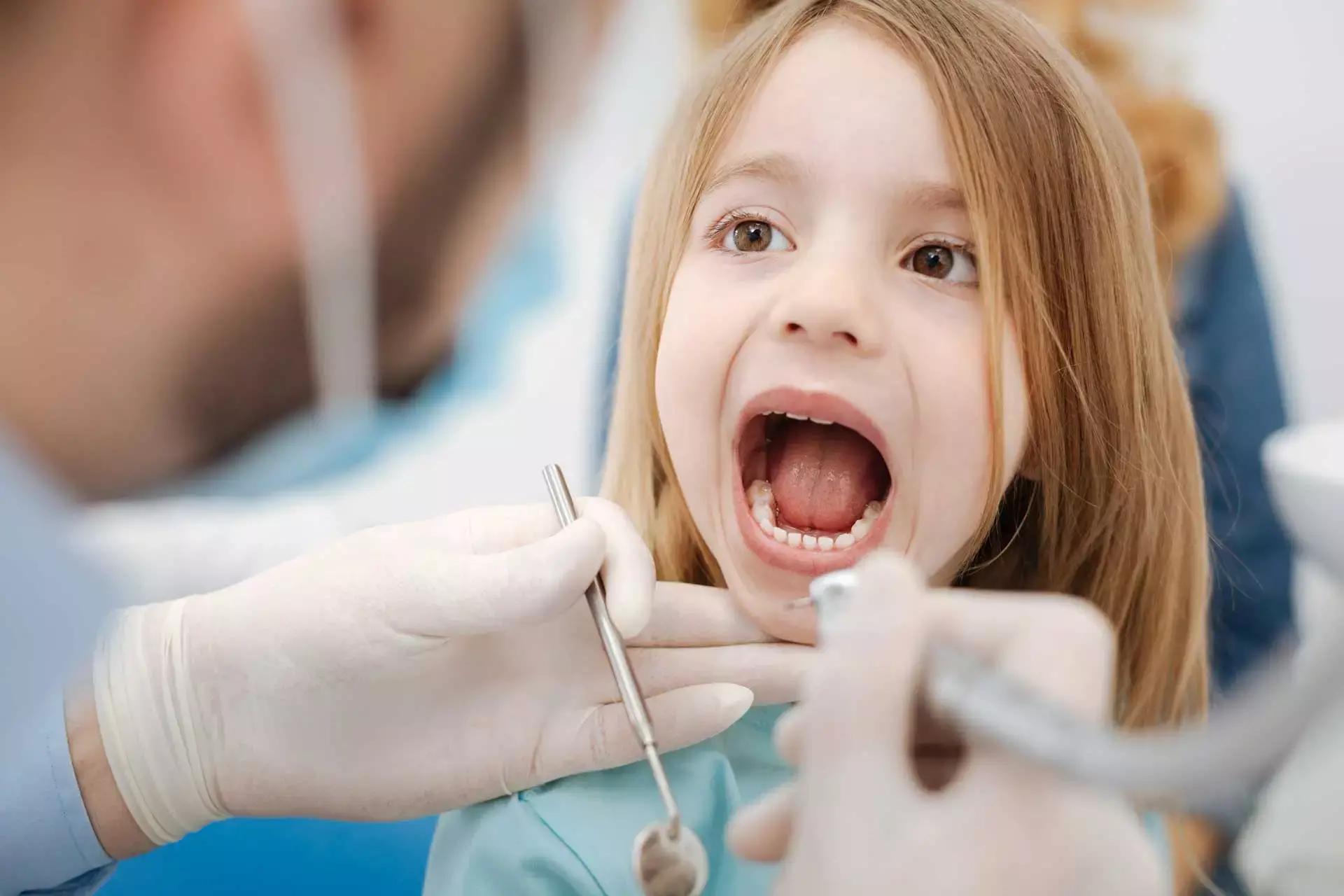- Home
- Medical news & Guidelines
- Anesthesiology
- Cardiology and CTVS
- Critical Care
- Dentistry
- Dermatology
- Diabetes and Endocrinology
- ENT
- Gastroenterology
- Medicine
- Nephrology
- Neurology
- Obstretics-Gynaecology
- Oncology
- Ophthalmology
- Orthopaedics
- Pediatrics-Neonatology
- Psychiatry
- Pulmonology
- Radiology
- Surgery
- Urology
- Laboratory Medicine
- Diet
- Nursing
- Paramedical
- Physiotherapy
- Health news
- Fact Check
- Bone Health Fact Check
- Brain Health Fact Check
- Cancer Related Fact Check
- Child Care Fact Check
- Dental and oral health fact check
- Diabetes and metabolic health fact check
- Diet and Nutrition Fact Check
- Eye and ENT Care Fact Check
- Fitness fact check
- Gut health fact check
- Heart health fact check
- Kidney health fact check
- Medical education fact check
- Men's health fact check
- Respiratory fact check
- Skin and hair care fact check
- Vaccine and Immunization fact check
- Women's health fact check
- AYUSH
- State News
- Andaman and Nicobar Islands
- Andhra Pradesh
- Arunachal Pradesh
- Assam
- Bihar
- Chandigarh
- Chattisgarh
- Dadra and Nagar Haveli
- Daman and Diu
- Delhi
- Goa
- Gujarat
- Haryana
- Himachal Pradesh
- Jammu & Kashmir
- Jharkhand
- Karnataka
- Kerala
- Ladakh
- Lakshadweep
- Madhya Pradesh
- Maharashtra
- Manipur
- Meghalaya
- Mizoram
- Nagaland
- Odisha
- Puducherry
- Punjab
- Rajasthan
- Sikkim
- Tamil Nadu
- Telangana
- Tripura
- Uttar Pradesh
- Uttrakhand
- West Bengal
- Medical Education
- Industry
Oral Mucosal Lesions Linked with IBD in Pediatric Patients, finds study

The oral cavity may be the first site of mucosal changes that may represent local mucosal disease and systemic conditions or be part of a broader systemic involvement. A recent study suggests that repeated changes in the oral mucosa may be one of the symptoms of inflammatory bowel disease in children and adolescents. The study findings were published in the journal Scientific Reports on November 09, 2021.
Studies have shown the relationship between the severity of caries or gingivitis and the activity status of the disease process in patients with inflammatory bowel disease, which may be related to the composition of saliva, colonization with specific bacteria strains or the diet used. In the present study, Dr Małgorzata Klichowska-Palonka and her team evaluated the nature of changes in the oral cavity at the time of diagnosis of inflammatory bowel disease in children compared to children without systemic diseases.
In this study, the researchers included 60 children without systemic diseases and 49 children with inflammatory bowel disease,16 diagnosed with Crohn's disease (CD)and 33 with ulcerative colitis (UC). They assessed the CD activity using the PCDAI scale (pediatric Crohn's diseases activity index) and UC using the PUCAI scale (pediatric ulcerative colitis activity index). They further performed oral cavity examinations before the beginning of treatment of IBD.
Key findings of the study:
- Upon analysis, the researchers found that the prevalence of the aphthae stomatitis and angular cheilitis was 24.5% in the examined group and 10% in the control group.
- They also found that the changes in the oral mucosa occurred more frequently in children with Crohn's disease 35.3% than with ulcerative colitis 18.7%.
- They noted that among children with Crohn's disease, the most frequently observed lesion was aphthous stomatitis 23.5%, and in ulcerative colitis, angular cheilitis 12.5%.
The authors concluded, "The appearance of repeated, inflammatory changes in the oral mucosa, inflammation of the lips or the corner of the mouth may be one of the symptoms of inflammatory bowel disease in children and adolescents."
They further added, "Interdisciplinary cooperation between dentists, paediatricians and gastroenterologists in both diagnosis and treatment is essential for early diagnosis and improve patients' quality of life."
For further information:
Medical Dialogues Bureau consists of a team of passionate medical/scientific writers, led by doctors and healthcare researchers. Our team efforts to bring you updated and timely news about the important happenings of the medical and healthcare sector. Our editorial team can be reached at editorial@medicaldialogues.in.
Dr Kamal Kant Kohli-MBBS, DTCD- a chest specialist with more than 30 years of practice and a flair for writing clinical articles, Dr Kamal Kant Kohli joined Medical Dialogues as a Chief Editor of Medical News. Besides writing articles, as an editor, he proofreads and verifies all the medical content published on Medical Dialogues including those coming from journals, studies,medical conferences,guidelines etc. Email: drkohli@medicaldialogues.in. Contact no. 011-43720751


